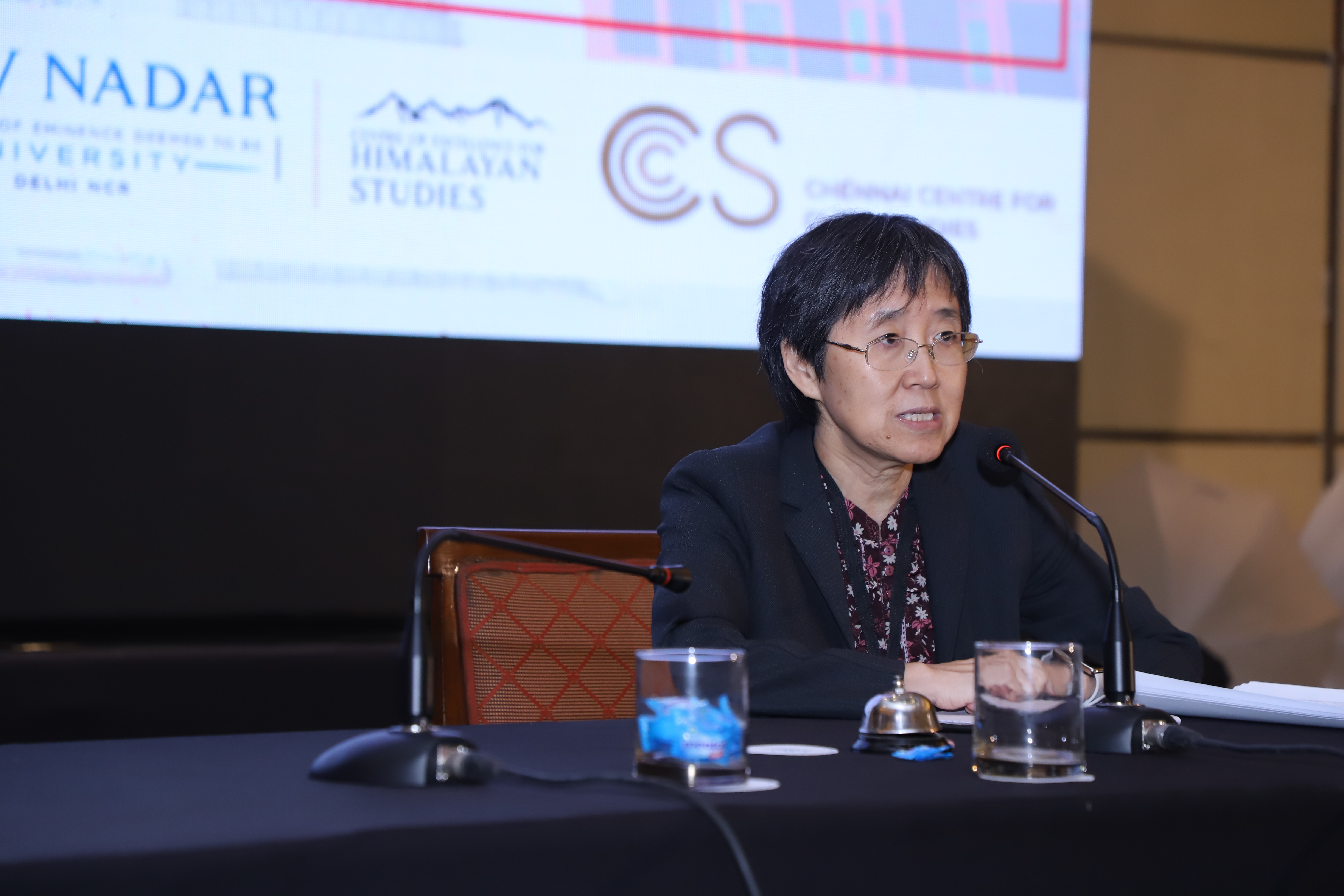The Chinese real estate sector, a crucial component of the country's economy, has recently faced significant challenges. While examining whether the industry can be salvaged, focusing on current strategies and prospects. The importance of real estate to China's economy cannot be overstated, with estimates suggesting it contributes between 14% to 30% of GDP when considering its upstream and downstream connections.
The sector experienced rapid expansion from 2003 to 2013, during which housing prices outpaced growth in disposable income. While disposable income increased by a factor of about three, housing prices quadrupled, making affordability a significant concern. This rapid price increase was partly driven by speculative activities, as real estate became a popular investment avenue due to limited alternative options. Local governments also played a role in this expansion, benefiting from rising housing prices through increased land revenues. However, this created a high dependency on the real estate sector for local government finances, introducing additional risk to the system.
In response to these developments, policy initiatives were introduced starting in the early 2010s. These policies aimed to constrain demand and control prices through various restrictions. Buyers faced limitations on borrowing, with higher down payment requirements and restrictions on the number of properties they could own. Price controls were also implemented to curb rapid increases.
From 2020 onwards, more stringent policies were implemented, including that imposed constraints on buyers and borrowers in the real estate sector. These measures also affected the banking sector, limiting lending to the real estate industry. As a result of these policies, the housing market began to decline in the early 2020s. Investment in real estate development peaked in 2019 and saw significant drops in 2022 and 2023, with year-on-year declines of about 10%. This policy-induced decline has led to what some consider a crisis in the broader real estate sector. Sales of floor areas have also seen substantial decreases over the past two years, further impacting investment.
The real estate sector's downturn has ripple effects on local government finances. Local governments have heavily relied on land-related revenues, which have declined recently. This dependency poses a risk as the housing market slows, potentially affecting the local government's ability to facilitate economic growth.
Policy adjustments have been gradually implemented in response to these challenges, pulling back some more substantial constraints. Recent concerns about the lack of economic dynamism have led to expectations of further policy changes. The government's positioning on the real estate sector has shifted over the past decade from viewing it as a crucial economic contributor to seeing it as a sector that needs to be sustained but at a smaller scale.
Short-term goals focus on stabilising the sector and containing financial risks, particularly those related to local government finances. In the longer term, there is a need to cultivate new growth drivers and find alternative sources of income for local governments.
Housing prices across different tiers of cities have shown varying trends. Data from 70 large cities indicates that new and resale housing prices have fluctuated, with some tiers showing more stability than others. This variability in price trends across city tiers reflects the complex nature of China's real estate market and the differing impacts of national policies on local markets.
The real estate sector's challenges have broader implications for China's economic landscape. As a significant contributor to GDP and a primary source of household wealth, the sector's performance has knock-on effects on consumer confidence, spending patterns, and overall economic growth. The government's approach to managing the sector's transition will be crucial in maintaining economic stability while addressing long-standing affordability and financial risk issues.
Moreover, the real estate sector's evolution is intertwined with China's urbanisation process and demographic changes. As the rate of urbanisation slows and the population ages, the nature of housing demand will likely shift, requiring adaptations in the real estate sector's focus and development strategies. The ongoing policy adjustments reflect the government's attempt to balance multiple objectives: maintaining economic growth, ensuring financial stability, improving housing affordability, and managing local government finances. The success of these efforts will depend on the government's ability to implement reforms effectively and the sector's capacity to adapt to a new operating environment.
As China continues to navigate these challenges, the real estate sector is expected to undergo significant structural changes. While it may not return to the rapid growth rates of the past, it will likely remain a crucial component of the Chinese economy, albeit in a more sustainable and balanced form. The sector's future will be shaped by ongoing policy reforms, changing demographic trends, and the broader economic transformation that China is undergoing.
These remarks were presented by Dr. Sarah Y. Tong at the Global Conference for New Sinology (GCNS), 2024.



Author
Dr. Sarah Y Tong
Dr. Tong is a Senior Research Fellow at the East Asian Institute, National University of Singapore and its cluster coordinator for the economics team. She also co-drives the institute’s research efforts on the social and economic implications of population aging in China. Her research interests concentrate on the development and transformation of the Chinese Economy, including development in trade and foreign investment, development of regions, financial sector reforms, the reforms of state-owned enterprises, industrial policies and restructuring, and social economic impact of population aging. Her work appeared in journals such as Journal of International Economics, Global Economic Review, China: An International Journal, Review of Development Economics, China and the World Economy, Comparative Economic Studies, and China Economic Review. In addition to contributing chapters to numerous books on contemporary China, she also edited and co-edited books.